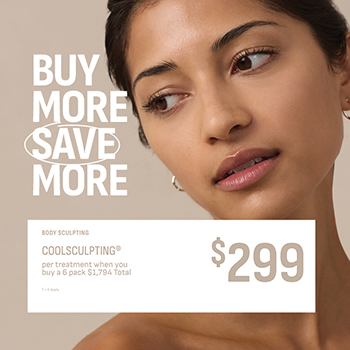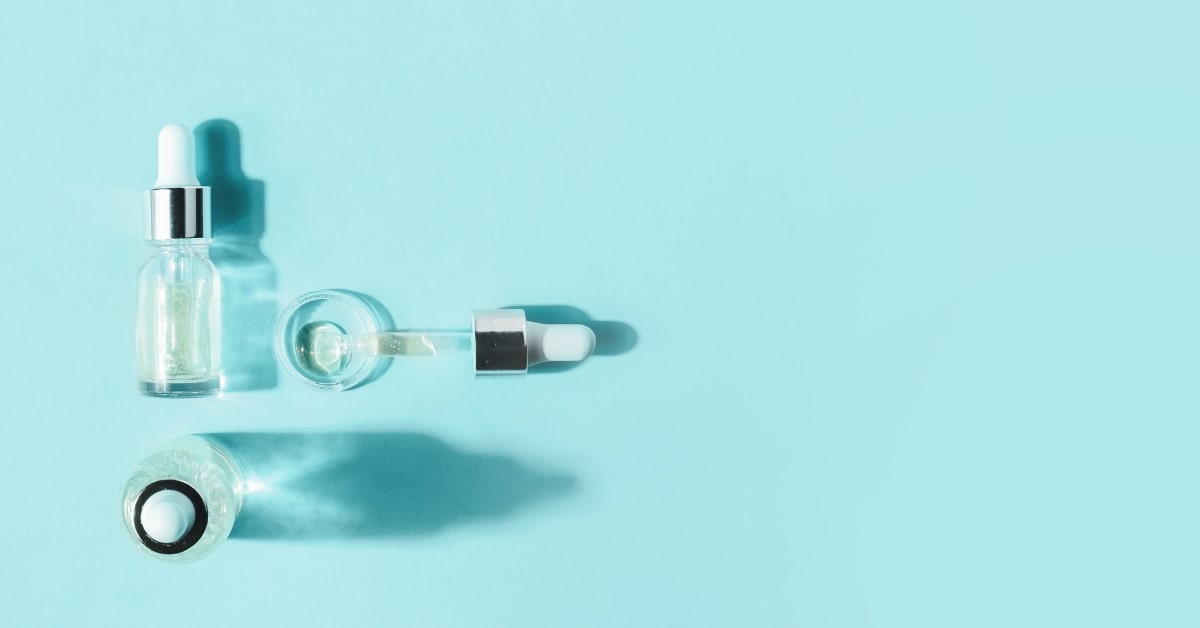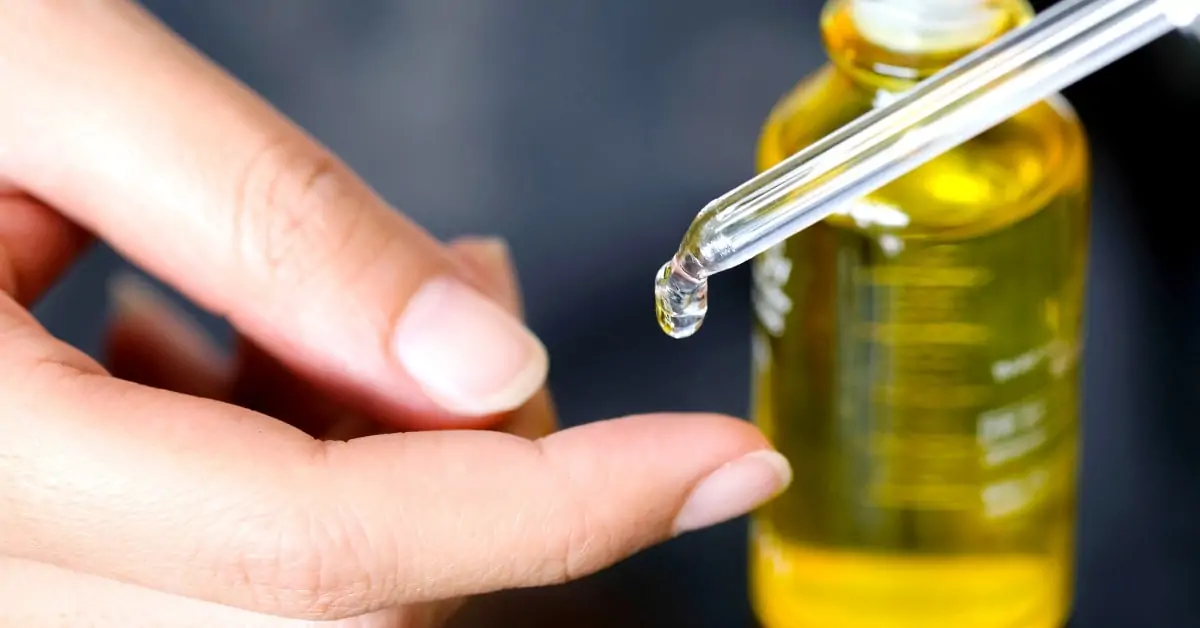Retinol is known as the gold standard in anti-aging, the crème de la crème of super skincare ingredients that dermatologists and skin buffs swear by! If that’s not enough, it has been scientifically proven to be the only ingredient that actively reduces the appearance of fine lines, enlarged pores and pigmentation. But is it safe to use in summer? Keep reading as we bust this myth and give you the tools to receive the best possible results for your skin, no matter the season!
While it is a myth that you can’t use retinol in the summertime, the ingredient does make our skin more sensitive to the sun’s rays. This photosensitivity is caused as the exfoliation and removal of dead skin cells reveals the sensitive, more easily sunburnt new skin underneath. The good news is that sunscreen and retinol are the perfect pair – shield and protect by day, repair and regenerate by night!
The key to safely using this super serum in the summer is sunscreen – and lots of it! Think of it like this: if you use retinol at night, make sure you use sunscreen during the day. This doesn’t mean you can’t enjoy a day at the beach in the sun, but consider skipping the retinol the night before, seeking shade whenever possible and arming yourself with sunscreen, a hat, umbrella, and sunglasses!
Retinol, Retin-A, Retinoids…What?
Skincare ingredients can be confusing to understand but to make it simple, we are talking specifically about retinol, which is a form of Vitamin A.
Retinol is not actively produced by your body. While anyone can add it their skincare routine, it is found to be most effective for 30+ skin. When applied in the form of an oil, serum or moisturiser, it converts to retinoic acid, which helps to battle free radicals, promote cell turnover and boost collagen levels.
The ingredient works by speeding up the turnover of dead skin cells, making way for fresh, vibrant skin that gives us that healthy skin we all crave. The effective ingredient can reverse some of the side effects of sun damage, however, it is very important to stay sun safe when using any vitamin A product as it can increase photo-sensitivity.
Why you could benefit
Retinol has been tried, tested and proven to treat a range of conditions, and contrary to popular belief, you don’t have to ditch the retinol as soon as the weather starts heating up. In fact, the additional humidity and hydration makes summer the best time to try out this wonder product!
If you’re looking to start using a retinol product, we recommend introducing it gradually on a 3-2-1 basis. Start using it every third night for a few weeks, then progress to every second night for a few weeks and then every night as part of your skin regime. Start off with a pea-sized amount, at a low percentage of .01 per cent to .03 per cent. Remember, don’t neglect your neck, chest and hands – there’s no point in only looking after just your face! If your neck and chest are too sensitive for your current vitamin A formula, add some moisturiser to help dilute the product and help to soften fine lines.
It is essential that you strike the right balance when using this product as retinol can be extremely irritating to the skin if used too frequently, or the formulation is too strong for the skin. It is possible to have a retinoic reaction from overuse and we recommends anyone experiencing red, tight, flaky or irritated skin should stop using retinol immediately and visit their local Australian Skin Clinics dermal technician for advice.










